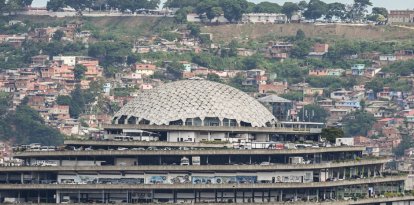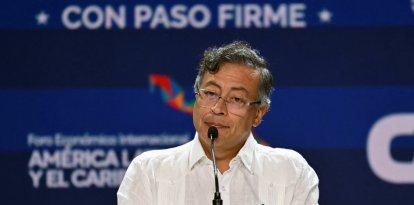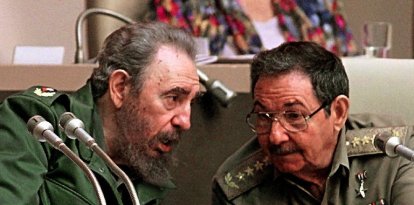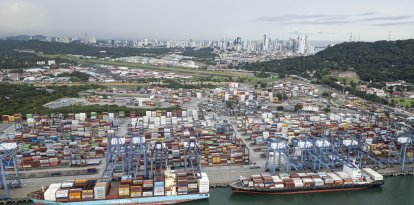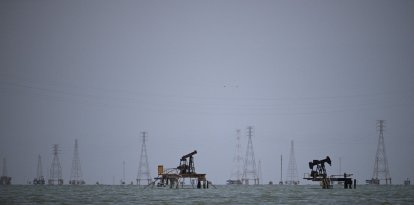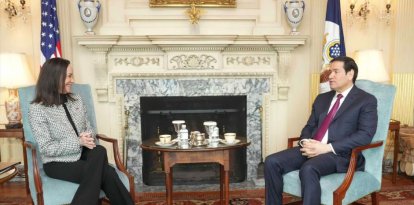Immigration through the Darien Gap is at an all-time high in 2023
In the first seven months, 248,901 people crossed through the Darien Gap and exposed themselves to the serious dangers of the area separating Colombia and Panama.
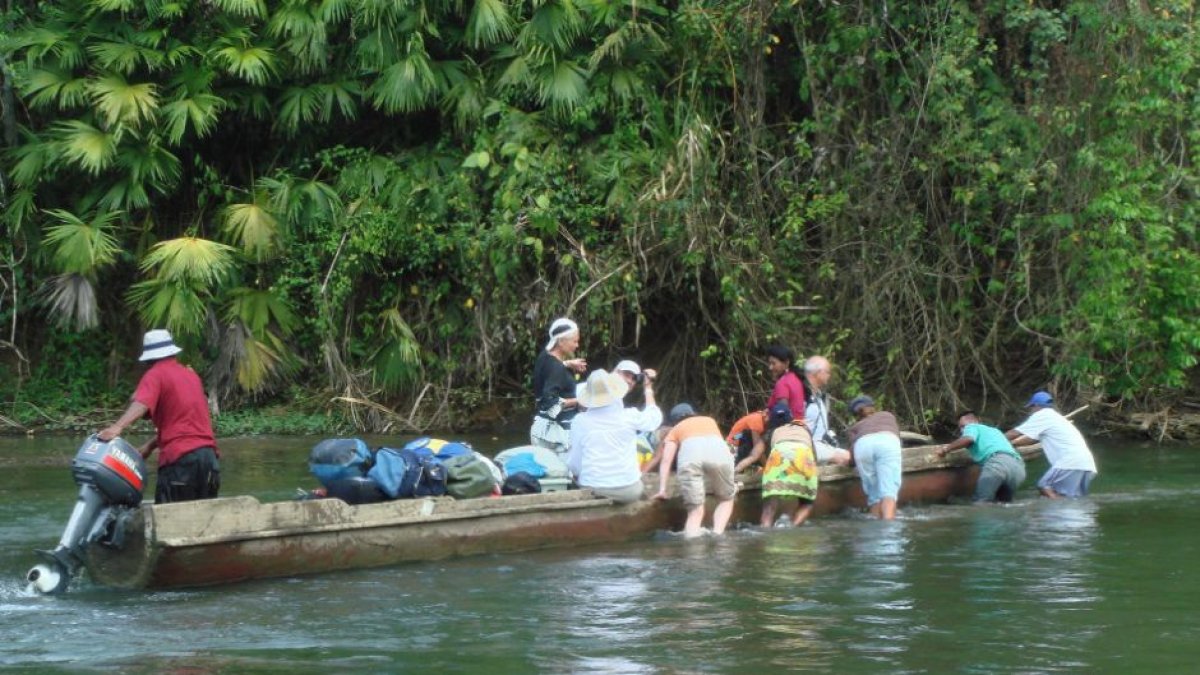
(Thierry Leclerc / Flickr)
More illegal immigrants have crossed the Darien Gap, also known as the Tapón de Darien, so far in 2023 than in all of 2022. In the first seven months of the year, 248,901 people, the vast majority of them Venezuelans, were exposed to major risks such as organized criminal groups in the dangerous jungle that separates Panama and Colombia, 617 more than last year (248,284). This is an all-time high. According to Panamanian government officials, July was the month with the highest number of illegal crossings (52,530).
In statements to Agencia EFE, María Isabel Saravia, Panama's Deputy Director of Migration, confirmed the record-high numbers. "Unfortunately, the record total, which had been unheard of in 2022, was broken today. In 2022, 248,284 people came to Panama, and today, unfortunately, that record has been broken with 248,901 people," she said. In the Darien Gap, one of the most dangerous jungle areas in the world, 133,726 illegal crossings were recorded in 2021; 6,465 in 2020; 22,102 in 2019; 9,222 in 2018; 6,780 in 2017; 30,055 in 2016; and 29,289 in 2015.
One in five are minors
The situation is aggravated by the fact that one in five (21%) are children and teenagers, half of whom (51%) are under the age of five. This year, 40,000 minors have crossed. At the end of May, The United Nations Children's Fund (UNICEF) condemned the number of minors crossing the border after observing an eight-fold increase in recent months.
The main danger in the jungle is organized criminal groups, which take advantage of the vulnerability and innocence of minors to abduct them, traffic them, and subject them to sexual or labor abuse as well as violence and crime.
International assistance
Due to the serious situation in the Darien region, the Panamanian government requested assistance from the international community to manage and resolve the problem. "We are facing a humanitarian crisis of great proportions, (this is) something that Panama cannot deal with alone," Saravia said.
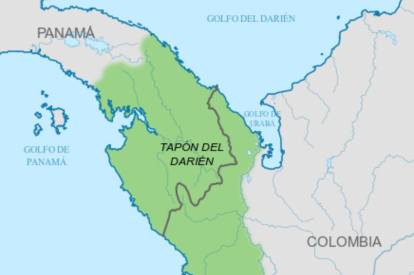
Location of the Darien region. Archive image.
The deputy director of Migration of Panama said, "From Panama, we are concerned, although migrating is a human right, it is not dignified to do it in the conditions that provide this type of (dangerous) realities."
More than half are Venezuelan
Most of the illegal immigrants who expose themselves to the dangers of the Darien region are fleeing communist and Bolivarian regimes. That is certainly the case of Venezuelans, who make up more than half of the total number of people crossing. Specifically, 136,650 Venezuelans have crossed the Darien Gap so far this year.
They are followed by Ecuadorians (34,357), Haitians (34,082), Colombians (8,183) and Indians (3,299).
Clan del Golfo: Darien's greatest fear
Among all the criminal groups that terrorize Colombia and Panama, there is one that dominates the Darien region. That would be the Clan del Golfo. This narco-terrorist organization's members are specialists in extortion. They have carried out several massacres in its history. They are immigrants' greatest fear when trying to cross the jungle in search of a better and more dignified life.
One of Panama's main objectives is to take away its power. In June, Oriel Ortega, head of Panama's National Border Service, requested the Colombian government's collaboration in an operation against the Clan del Golfo:
The Panamanian Ministry of Public Security launched Operation Chocó. The Minister, Juan Pino, explained the measures that would be taken:
Several of the group's leaders, such as Juan de Dios Usuga or Daniel Rendon, have been killed by the armed forces or captured.













